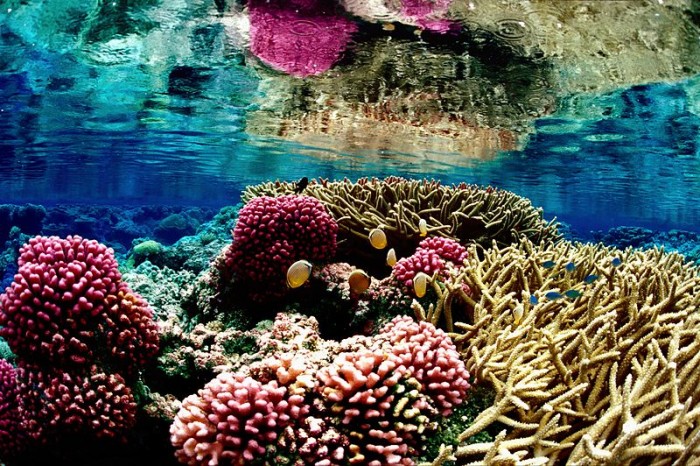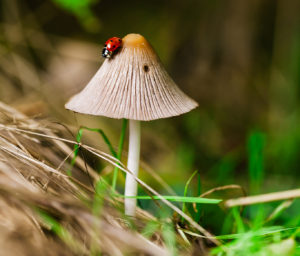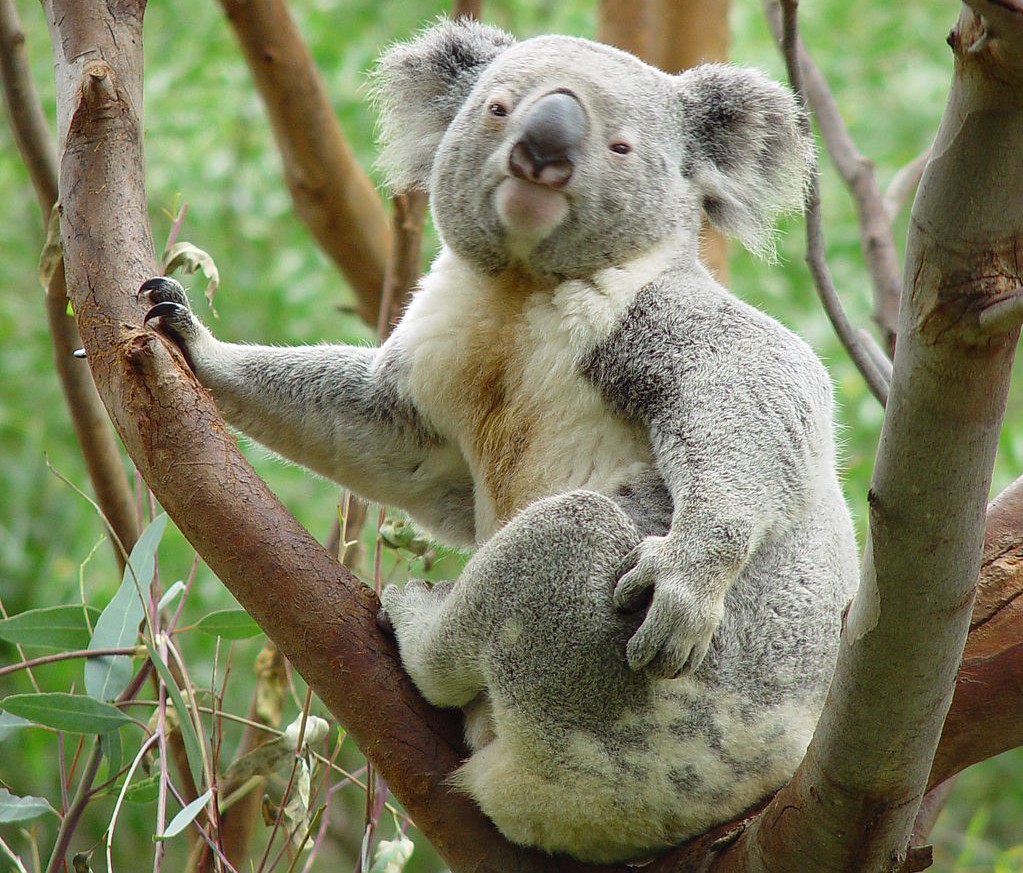Marine Species on the Move
Rising temperatures caused by climate change have resulted in a shift in population sizes of marine species – in general, populations are growing at the poles and declining at the equator.
 Image: By U.S. Fish & Wildlife Service - Pacific Region's [CC-BY-2.0 (http://creativecommons.org/licenses/by/2.0)], via Wikimedia Commons
Image: By U.S. Fish & Wildlife Service - Pacific Region's [CC-BY-2.0 (http://creativecommons.org/licenses/by/2.0)], via Wikimedia Commons Since pre-industrial times, the world’s oceans have warmed by an average of 1°Celsius. Now researchers report in Current Biology that those rising temperatures have led to widespread changes in the population sizes of marine species. The researchers found a general pattern of species having increasing numbers on their poleward sides and losses toward the equator.
Senior author Martin Genner, an evolutionary ecologist at the University of Bristol, says: “The main surprise is how pervasive the effects were. We found the same trend across all groups of marine life we looked at, from plankton to marine invertebrates, and from fish to seabirds.”
The new study builds on earlier evidence for a prevailing effect of climate change on the distributions, abundance, and seasonality of marine species. Based on those findings, Genner’s team reasoned that marine species should be doing well at the leading (poleward) edge of their ranges but poorly at their trailing (equatorward) side. They also realised that existing databases of global species distributions could be used to test this hypothesis.
Based on a thorough search of available data in the literature, the researchers now report on a global analysis of abundance trends for 304 widely distributed marine species over the last century. The results show that – just as predicted – abundance increases have been most prominent where sampling has taken place at the poleward side of species ranges, while abundance declines have been most prominent where sampling has taken place at the equatorward side of species ranges.
The findings show that large-scale changes in the abundance of species are well underway. They also suggest that marine species haven’t managed to adapt to warmer conditions. The researchers therefore suggest that projected sea temperature increases of up to 1.5°C above pre-industrial levels by 2050 will continue to drive the latitudinal abundance shifts in marine species, including those of importance for coastal livelihoods.
“This matters because it means that climate change is not only leading to abundance changes, but intrinsically affecting the performance of species locally. We see species such as Emperor penguin becoming less abundant as water becomes too warm at their equatorward edge, and we see some fish such as European seabass thriving at their poleward edge where historically they were uncommon,” said Genner.
The findings show that climate change is affecting marine species in a highly consistent and non-trivial way. “While some marine life may benefit as the ocean warms, the findings point toward a future in which we will also see continued loss of marine life,” Genner adds.
The long-term data included in the study primarily represent the most well-studied regions of the world. The researchers say that more work is needed to understand how climate change has affected marine life in all regions of the world in greater detail.





Sorry, comments are closed on this post